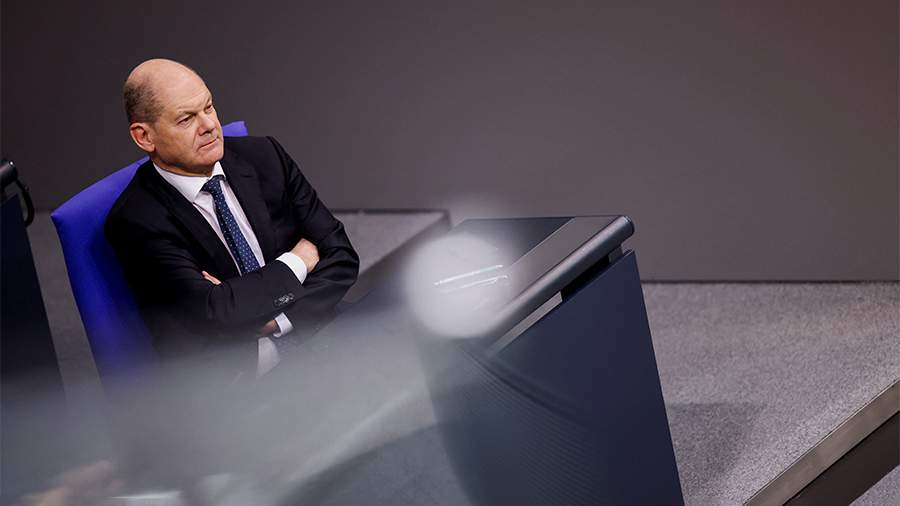FHere: REUTERS/Amr Abdallah Dalsh
Almost two-thirds of Germans would like Olaf Scholz to hand over the post of Chancellor to the current Defence Minister Boris Pistorius. The Bild daily reported this on 7 January, citing data from a survey by the sociological institute Insa. It is reported that the survey was conducted between 4 and 5 January and involved 1,004 people.
A total of 64.3 % respondents admitted that they would like to see the powers of the Chancellor devolved to Pistorius. Only 24.6 % were opposed and a further 11.2 % abstained. Moreover, a majority of supporters of the Social Democratic Party of Germany (SPD), of which both politicians are members, also want the current defence minister at the head of the government (47.9 % versus 47.1 %).
According to the poll, 19 % respondents are prepared to support the SPD with Scholz as chancellor candidate in the event of an election, while 23 % are prepared to support Pistorius. According to Insa chief Herman Binckert, the German defence minister is also popular among voters of all parties, including the Left Party and the Alternative for Germany (AdG).
Pistorius leads the popularity ranking among German politicians by a wide margin, while Scholz is the most unpopular chancellor of all time after two years in power.
As the newspaper pointed out, if the September elections to the state parliaments of Brandenburg, Saxony and Thuringia end in failure for the SPD, the party may force Scholz to hand over power to Pistorius.
Earlier, on 3 January, German AdG MEP Gunnar Beck told Izvestia that Scholz should resign because his government is a disaster.
On 26 December, the Italian daily La Repubblica wrote that Germany is mired in a chronic government crisis and there is a possibility that Scholz will be forced to leave office in 2024.
On 23 December, it was revealed that the diary of Christian Olearia, the former head of Hamburg's private bank M.M. Warburg, proves Scholz's possible involvement in corruption. It is reported that Olearia had approached Scholz, who was then the mayor of Hamburg, in 2016 with a request to write off a tax debt of €47 million.
The day before, it was reported that Scholz had fallen the furthest in the popularity rankings of German politicians, according to Der Spiegel magazine. The German leader lost 14 percentage points and came 14th out of 20, dropping him to the second half of the ranking.
Data from a survey by the Infratest dimap institute on 7 December showed that only 20 % Germans are satisfied with Scholz's performance. This was the lowest level of popularity for the head of government since polls began in 1997. Today, German citizens are critical not only of Scholz but also of many leading politicians in the "Semaphore" coalition. For example, 17 percent of the population is satisfied with Interior Minister Nancy Feser, and 13 percent with Transport and Digital Infrastructure Minister Volker Wissing.
On 28 November, Bavarian Prime Minister and head of the opposition Christian Social Union (CSU) party Markus Söder declared that the German ruling coalition led by Scholz is unable to handle the country's national crisis and called for early elections.
Before that, on 25 November, the German opposition party AdG called on the government to resign and call early elections in the country. The call followed the publication of the results of a social poll in the German magazine Focus, according to which almost 66 % Germans believe that German Chancellor Olaf Scholz is unable to manage the country's crisis in the face of a freeze on further government spending until the end of the year.
Izvestia/GN.CZ/JaV_07
https://iz.ru/1631088/2024-01-07/dve-treti-nemtcev-zaiavili-o-zhelanii-otstavki-sholtca



